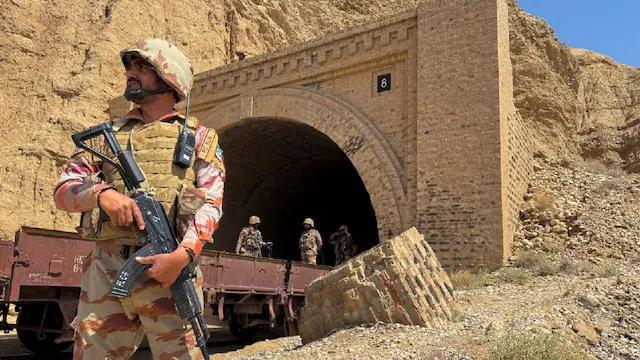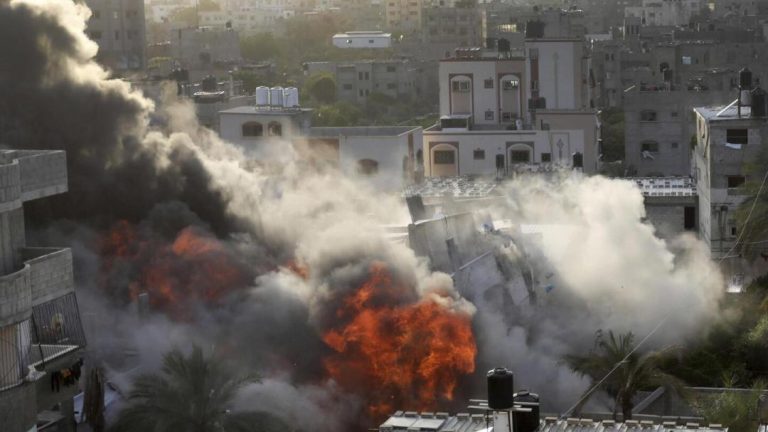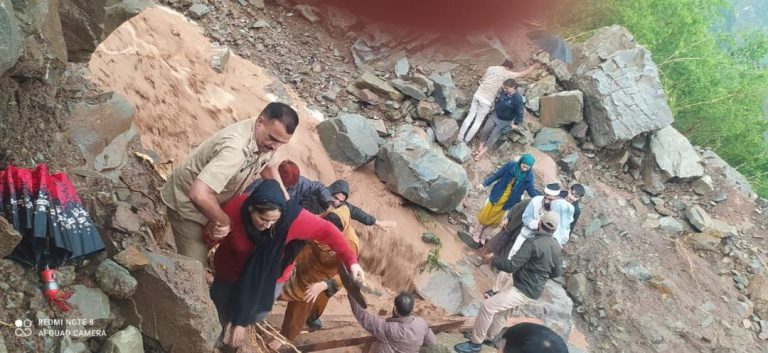
Pak Shuts Universities in Balochistan over Security Issues: Report
The volatile province of Balochistan in Pakistan has once again made headlines for all the wrong reasons. In a move aimed at ensuring the safety and security of students and faculty, the government has ordered the closure of three universities in the region. The decision has been taken in response to a surge in separatist attacks in the region, which has raised concerns about the well-being of those studying and working at these institutions.
According to a report by AFP, two universities in Quetta, the capital city of Balochistan, have been ordered to close for an indefinite period. A third university has been instructed to adopt virtual learning methods, effectively shutting down its physical campus.
The decision to close these universities comes at a time when separatist groups in Balochistan have been stepping up their attacks on government targets, including security forces and infrastructure. The region has long been plagued by a separatist insurgency, with various groups demanding greater autonomy and rights for the Baloch people.
The closure of these universities is a direct response to the security concerns that have been raised by the government. In a statement, the provincial government said that the decision was taken to ensure the safety and security of students, faculty, and staff at these institutions. The government has promised to review the situation and make a decision about reopening the campuses after the Eid holiday, which is expected to take place in the coming weeks.
The closure of these universities has sent shockwaves through the academic community in Balochistan. Many students and faculty members are worried about the impact that this decision will have on their education and careers. The region is already facing a number of challenges, including poverty, joblessness, and a lack of opportunities, and the closure of these universities is likely to exacerbate these problems.
The decision to close the universities has also raised questions about the effectiveness of the government’s security measures in the region. Balochistan is often referred to as the most unstable province in Pakistan, and the government’s inability to ensure the safety and security of its citizens has been a major source of concern.
In recent years, there have been a number of attacks on educational institutions in Balochistan, including a bomb blast at a university in Quetta that killed several students and faculty members. The attack was widely condemned by the international community, and it highlighted the need for greater action to be taken to ensure the safety and security of educational institutions in the region.
The closure of these universities is also likely to have a wider impact on Pakistan’s economy and society. Education is a critical sector in any country, and the closure of universities can have a number of negative consequences, including a loss of talent and skills, and a reduction in the country’s economic competitiveness.
In conclusion, the closure of universities in Balochistan is a major development that has significant implications for the region and the country as a whole. The decision has been taken in response to a surge in separatist attacks, and it is aimed at ensuring the safety and security of students and faculty. However, the impact of this decision will be far-reaching, and it is likely to have a number of negative consequences for the region and the country.




